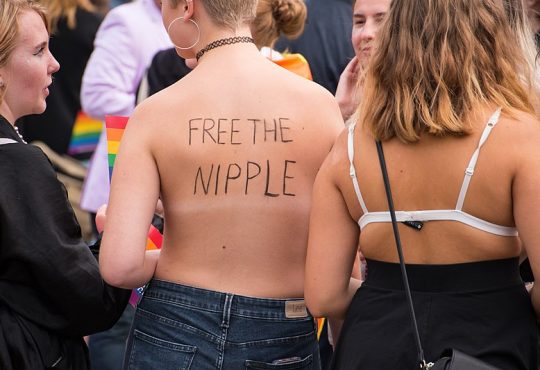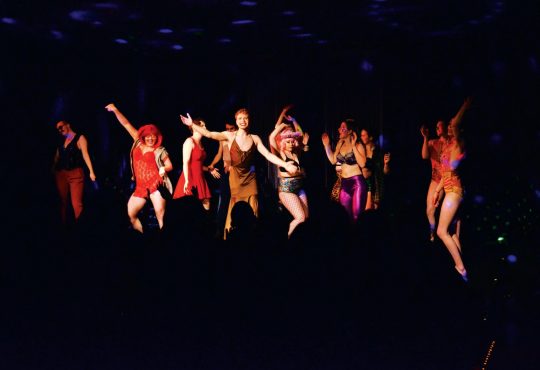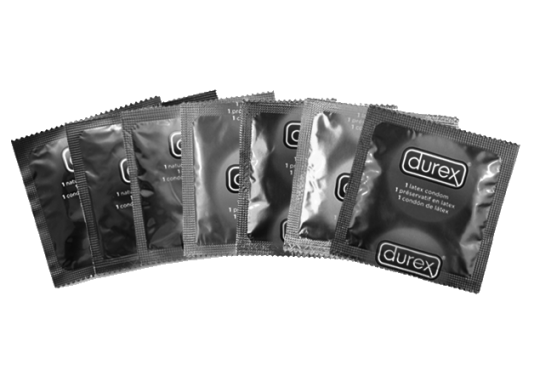Halloween is a time for self-expression. The costume possibilities are endless; anything goes with Ninja Turtle, pirate and sexy nun costumes all passing as acceptable. Concerns are generally aimed at the latter costume, or any other costumes fitting into the “sexy” genre. Halloween is a strangely sexualized holiday, but even more disturbing are the social conditions under which it is sexualized.
It is rather shocking to see a sexy hamburger or pizza costume, and yet these still sell. Overall Halloween sales are estimated to increase from last year. The National Retail Federation predicts total spending on Halloween to increase to a record-setting $7.4 billion. This is due to Halloween landing on a Friday, and an increase in the number of Americans, 30.4 percent to 33.4 percent, attending or throwing a party. Puget Sound students will undoubtedly become part of this statistic, as many delight at the thought of a wild Halloween night.
In the media, many protest the objectifying nature of women’s costumes. This is a point of contention, as Halloween can be used as a liberating day to dress up as your heart desires, even if this means losing a little fabric and showing some skin. A risqué costume choice can pose many questions: Is it sexually liberating or limiting? Can the line be drawn between satire and convention? Where does outside perception fit into the equation?
Albeit, it is a choice that individuals make, and should be respected as such. It is, though, a choice that affects more than the individual. For example, a costume that aims to be satirical—meant to make fun of the rampant Halloween sexiness—could be viewed as just another sexy Halloween costume by an outsider.
Conversely, a bootylicious biker costume could be liberating, but would also be falling into the social norm of a provocative Halloween costume. Of course, individuals will make their choices for a variety of personal reasons, it is important to note that those on the outside will not always be privy to those reasons.
According to Yandy.com, the largest online retailer of sexy costumes, nine of the top 10 2013 sales (by zip code) were highest in college towns. Needless to say, collcolleges across the nation embrace sexy Halloween to some extent. What is more troubling than this is the treatment of men’s and women’s costumes. Yandy.com does not sell sexy men’s costumes. Even speaking of sexy men’s Halloween costumes seems out of place.
The difference between men and women’s costumes is disturbing. Commercial costume marketing and production reserves the “sexy” category for women.
There are stark contrasts between costumes for men and women that are supposed to represent the same thing. This was even highlighted on the popular website Buzzfeed. The website ran a video titled “Men Try On Ladies’ Sexy Halloween Costumes,” where men comment (and look absurd in) the Halloween costumes many women dress up in.
Those who are proponents of a sexy women’s Halloween should also advocate for men to sexualize their costumes. All genders would have to participate—or at least have the social option of participating—in order for the experience to be equitable.
The problem is the asymmetric treatment of men and women. If it was not unconventional for all people to dress scantily, the question would be whether or not people should be behaving this way. Instead we are stuck with a situation in which women are sexualized and men are not. Until we cross this threshold, or change women’s costumes, Halloween will reinforce a heteronormative societal structure. It will still be a fun holiday with candy, pumpkins, and parties, but it will be stuck in the patriarchal past, and this is not where we should want it to be.





